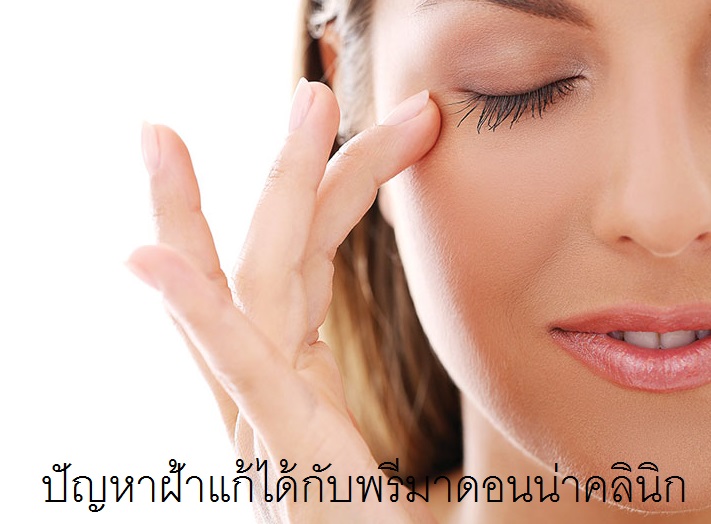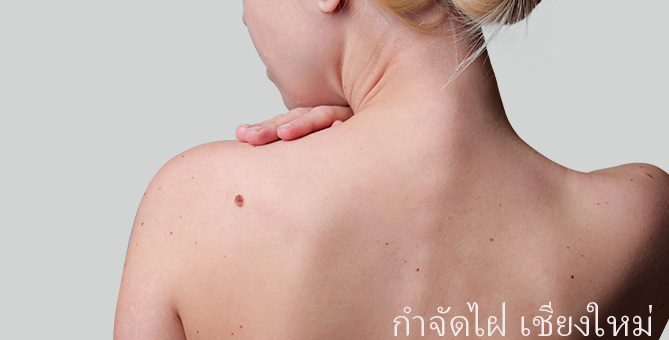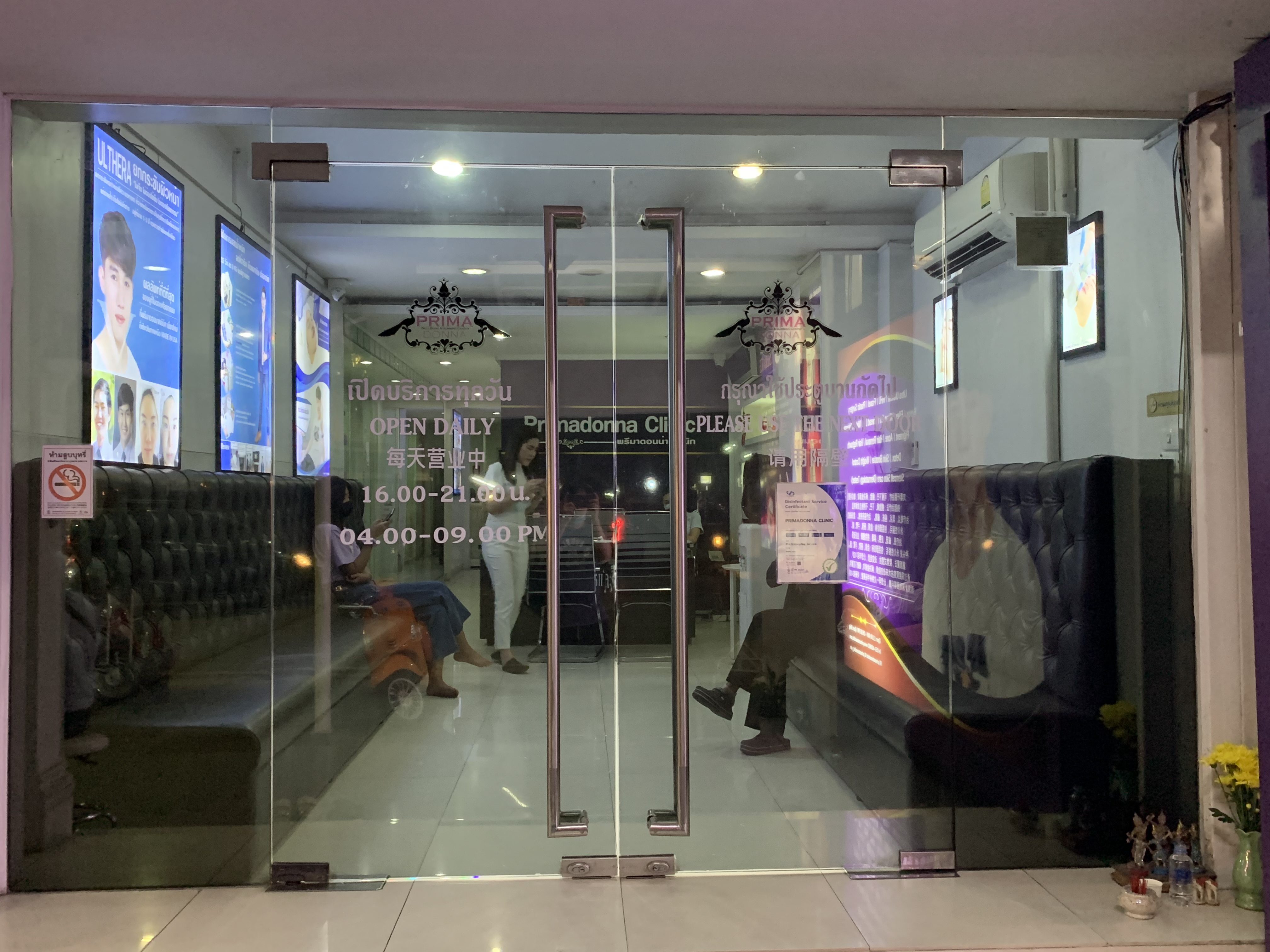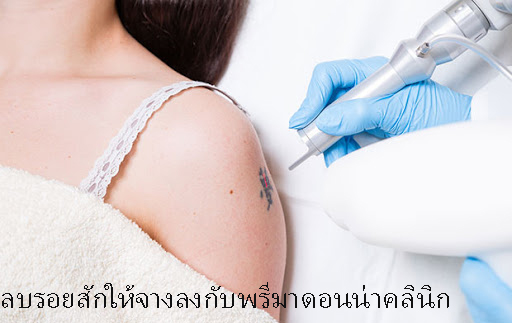
What’s Melasma in Chiangmai
What’s Melasma in Chiangmai
Melasma is a tan or dark skin discoloration. Melasma is thought to be caused by sun exposure, genetic predisposition, hormone changes, and skin irritation. Although it can affect anyone, melasma is particularly common in women, especially pregnant women and those who are taking oral or patch contraceptives or hormone replacement therapy (HRT) medications.
Melasma Treatments
Assessment by a dermatologist will help guide treatment. Treatments to hasten the fading of the discolored patches include:
Evidence-based reviews found that the most effective therapy for melasma includes a combination of topical agents.Triple combination creams formulated with hydroquinone, tretinoin and a steroid component have shown to be more effective than dual combination therapy or hydroquinone alone. More recently, a systematic review found that oral medications also have a role in melasma treatment, and have been shown to be efficacious with a minimal number and severity of adverse events. Oral medications and dietary supplements employed in the treatment of melasma include tranexamic acid, Polypodium leucotomos extract, beta‐carotenoid, melatonin, and procyanidin. Oral procyanidin combined with vitamins A, C, and E shows promise as safe and effective for epidermal melasma. In an 8-week randomized, double-blind, placebo-controlled trial in 56 Filipino women, treatment was associated with significant improvements in the left and right malar regions, and was safe and well tolerated.




